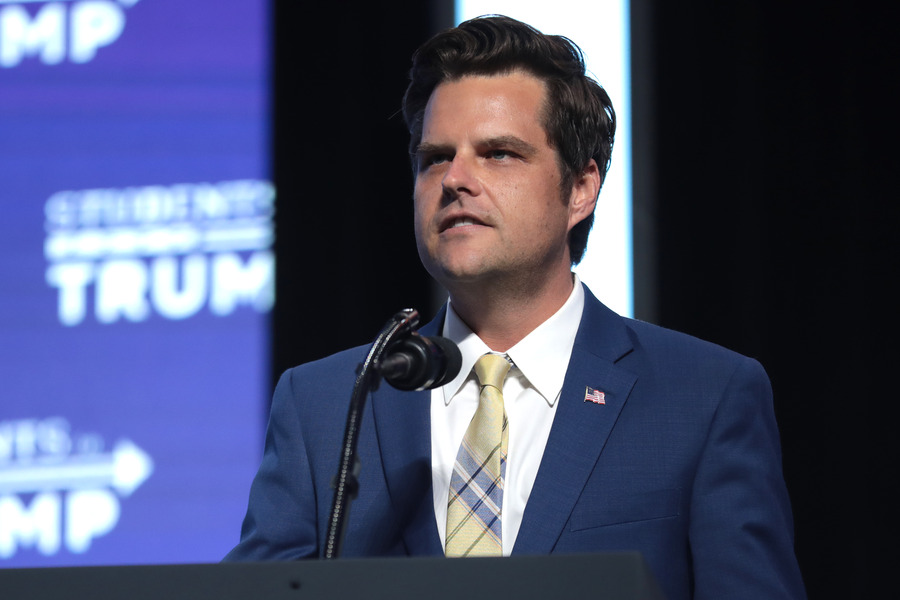The Continuing Importance of Military Commissions
As Ben noted on the day of President Obama’s big counterterrorism speech last month, one of the speech’s most notable elements was President Obama’s strong reaffirmation of the utility of military commissions, and his announcement that he wanted them to be used inside the United States. I have built on Ben’s point in an
Published by The Lawfare Institute
in Cooperation With

As Ben noted on the day of President Obama’s big counterterrorism speech last month, one of the speech’s most notable elements was President Obama’s strong reaffirmation of the utility of military commissions, and his announcement that he wanted them to be used inside the United States. I have built on Ben’s point in an essay published last week by the Hoover institution on the continuing importance of military commissions. Commissions have obviously suffered setbacks, big and small, legal and political, over the last dozen years. But I think they are on track to carving out an important legitimate niche in the long war against terrorism, and I think President Obama’s commitment helps. I explain why in this essay (there are many reasons), and I also seek to defuse some of the recent “Kangaroo Court” charges against commissions, which in my view are exaggerated.
Two updates to the essay based on events around the time of its publication: First, last week a commander testified that the microphone devices have been removed from the rooms where defense attorneys met with their clients. Second, I noted in the essay “the possibility of rare future instances of closing trial proceedings to the public”; last week the possibility became a reality as commissions went into closed session for the first time. For an understanding of the legal basis for the closure, how it relates to the law that prevails in civilian courts, and how the defendant’s rights were protected, I recommend Chief Prosecutor Mark Martins’ explanation (pp. 4-6).
Jack Goldsmith is the Learned Hand Professor at Harvard Law School, co-founder of Lawfare, and a Non-Resident Senior Fellow at the American Enterprise Institute. Before coming to Harvard, Professor Goldsmith served as Assistant Attorney General, Office of Legal Counsel from 2003-2004, and Special Counsel to the Department of Defense from 2002-2003.


-(1).jpeg?sfvrsn=143eb65_5)


